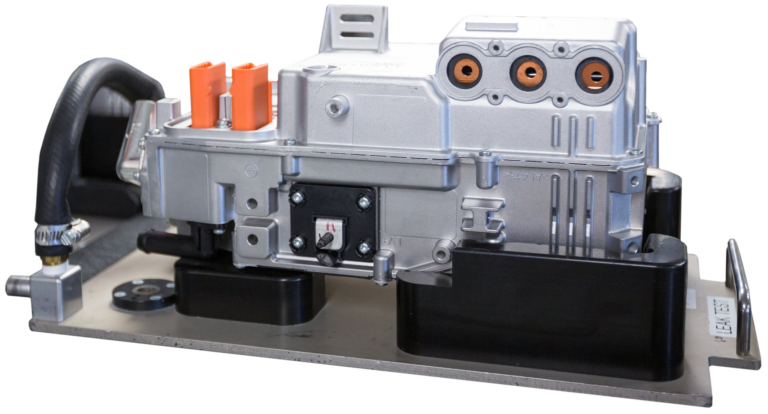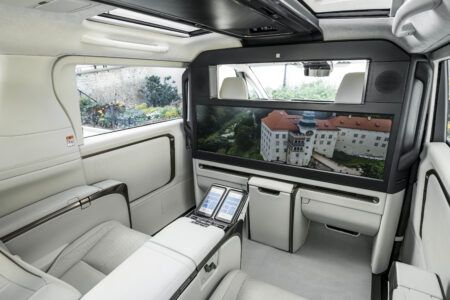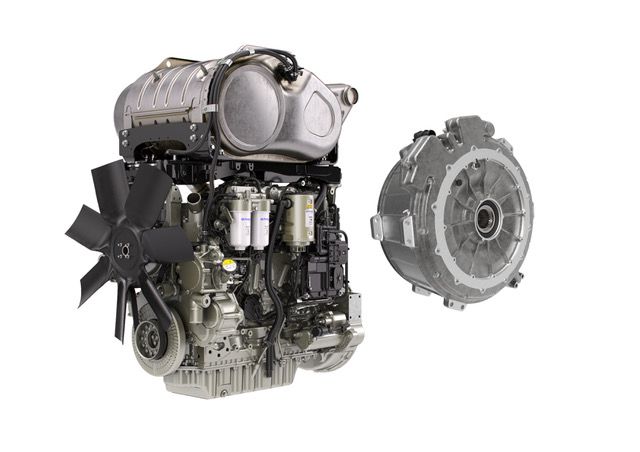BorgWarner will be providing a new, high-voltage silicon carbide (SiC) inverter to a large German automaker for implementation in its next-generation electric vehicles.
The BorgWarner 800V SiC inverter with proprietary power switches provides a more compact and efficient power module, resulting in higher electric vehicle range and enhanced driving performance.
“We are pleased to have won yet another SiC inverter contract and are proud to enter the next stage of a long-standing cooperation with this manufacturer,” said Dr. Stefan Demmerle, President and General Manager, BorgWarner PowerDrive Systems. “Our SiC inverter, with its new state of the art power module, can be a game changer for automakers since the new technology offers enhanced power density, proven performance, and long-term reliability.”
The SiC inverter uses a scalable power switch for 800V systems, allowing it to be optimized for a variety of customer applications at different power levels. The SiC design builds on BorgWarner’s proven cooling technology that enables a reduced semiconductor area for cost-effectiveness. Additionally, the system offers greater durability and enhanced packaging thanks to its compact, patented power switch that is cooled on both sides and uses no wire bonds. The silicon IGBTs in the modular power switch have been replaced by SiC transistors. Because SiC has higher switching efficiency and fewer conduction losses, BorgWarner’s new SiC inverter has reduced power losses of 40% to 70% as compared to silicon-based based inverters, depending on the drive cycle.
The inverter, with its higher power density and higher efficiency, allows OEMs to design 800V high-power propulsion systems that are characterized by enhanced driving performance, longer battery electric ranges, and faster charging times. These enhancements can ultimately further efforts to broaden consumer acceptance of electric mobility.
As part of its Charging Forward initiative, BorgWarner is accelerating the company’s electrification strategy and has announced plans to grow electric vehicle revenues to approximately 45% by 2030, along with a commitment to achieve carbon neutrality by 2035.





